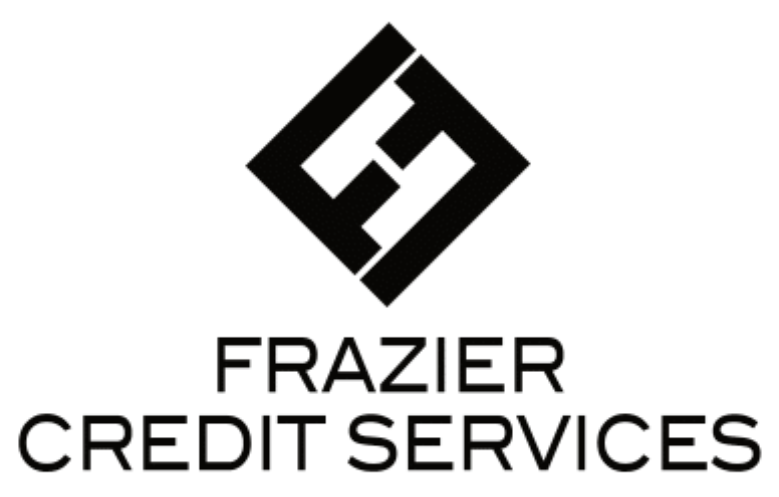One’s credit score is often one of the most important numbers in one’s financial life. From setting up a cell phone payment, to getting a mortgage on a house, one’s credit score plays a key role in most transactions that involve credit. You need to regularly monitor your credit score. There are many myths about checking credit scores, so we put together a list of helpful tips on how to effectively monitor your credit score.
How Often to Check Your Credit Score
The law mandates that for all the major credit reporting companies, including TransUnion, Equifax, and Experian, that you are allowed to check your credit score for free one time every year. However, there are other services that can help you monitor your credit score on a monthly basis. It is a good practice to check your credit score each month after you pay off your bills, so that you can monitor changes in your credit score. Most credit card providers offer free tools that you can use to monitor your credit score.
There is a common myth that checking your credit score can negatively impact your credit score, but that is not always true. If a lending agency requests to examine your credit score, then your score can be negatively impacted. When your credit score needs to be checked by a lending agency, that is called a hard credit score request. When you check your credit score by yourself, a soft report is generated, which has no effect on your credit score.
You need to keep a close eye on your credit score, especially if you are looking to do any of the following:
- Opening a new credit card.
- Applying for a loan.
- Starting a mortgage.
- Searching for a new job.
- Building or rebuilding credit.
- Protecting against identity theft.
Understanding Your Credit Report
Your credit report is a document that details every single one of your financial agreements, your payment history, loan details, and any other transactions that you’ve done on credit. Your credit report is a reflection of how you manage your finances. Your credit score is a measure of your financial credibility. The higher the score, the more credible you are, which means you can easily get a loan or financing. If you have a higher credit score, you will be charged a lower interest rate. Credit scores range between 300 and 850, and the higher, the better. If you’re looking for some quick tips to improve your credit score, check out this article.
Why It Is Important to Monitor Your Credit Score
- People can steal your personal information and can illegally access and operate your credit accounts without you knowing. This can lead to debt in your name that could ruin your credit score. If you check your credit score regularly, you can notice fraudulent transactions and fix the problem before your credit score gets negatively effected.
- If you are planning on getting a loan and want to improve your credit score, you need to monitor it. Regular monitoring will help you stay on top of your credit utilization, and it will also motivate you as you start to notice your score increase.
- If you are looking for a new job, they might want you to have certain credit score. If you need to increase your credit score for a job, you need to keep a close eye on your credit report every month.
- If you are trying to get a mortgage pre-approval, it is very important to start preparing early and monitoring your credit score. Check out this article for some more helpful tips.
- When you are getting close to retirement, you need to check your credit score and invest your money accordingly. When you do not have a job producing steady income, you will still need to keep an eye on your credit score.
In Conclusion…
Your credit score is a very important number, and it is too important to only be checked one time each year. You need to monitor your credit score at least once every month in order to keep your finances in order. If you need personalized help and you are looking to improve your credit score, get in touch with us for a consultation!

